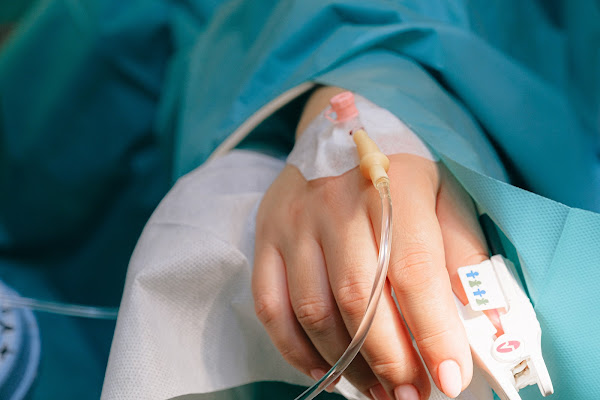In a groundbreaking study conducted by Dr. Arun Thirunavukarasu, a former University of Cambridge researcher, artificial intelligence (AI) emerges as a promising tool for triaging patients with eye issues. Dr. Thirunavukarasu's research highlights the potential of AI to revolutionize patient management in ophthalmology, particularly in identifying urgent cases that require immediate specialist attention.
The study, conducted in collaboration with Cambridge University academics, evaluated the performance of ChatGPT 4, an advanced language model, in comparison to expert ophthalmologists and medical trainees. Remarkably, ChatGPT 4 exhibited a scoring accuracy of 69% in a simulated exam setting, outperforming previous iterations of the program and rival language models such as ChatGPT 3.5, Llama, and Palm2.
Utilizing a vast dataset comprising 374 ophthalmology questions, ChatGPT 4 demonstrated its capability to analyze complex eye symptoms and signs, providing accurate recommendations for patient triage. When compared to expert clinicians, trainees, and junior doctors, ChatGPT 4 proved to be on par with experienced ophthalmologists in processing clinical information and making informed decisions.
Dr. Thirunavukarasu emphasizes the transformative potential of AI in streamlining patient care pathways. He envisions AI algorithms assisting healthcare professionals in prioritizing patient cases, distinguishing between emergencies requiring immediate specialist intervention and those suitable for primary care or non-urgent follow-up.
By leveraging AI-driven triage systems, healthcare providers can optimize resource allocation and ensure timely access to specialist services for patients in need.
Furthermore, the integration of AI technologies in primary care settings holds promise for enhancing diagnostic accuracy and expediting treatment referrals. ChatGPT 4 and similar language models could serve as invaluable decision support tools for general practitioners, offering timely guidance on eye-related concerns and facilitating prompt referrals to specialist ophthalmologists.
Despite the remarkable advancements in AI-driven healthcare, Dr. Thirunavukarasu underscores the indispensable role of human clinicians in patient care. While AI technologies offer invaluable assistance and decision support, they complement rather than replace the expertise and empathy of healthcare professionals. Dr. Thirunavukarasu reaffirms the central role of doctors in overseeing patient management and emphasizes the collaborative potential of AI-human partnerships in delivering high-quality care.
As the field of AI continues to evolve, propelled by innovative research and technological advancements, the integration of AI-driven triage systems in clinical practice holds immense promise for enhancing patient outcomes and optimizing healthcare delivery in ophthalmology and beyond. Dr. Thirunavukarasu's pioneering work exemplifies the transformative impact of AI in revolutionizing patient care pathways and underscores the imperative of embracing AI-enabled solutions to address the evolving needs of healthcare delivery.












